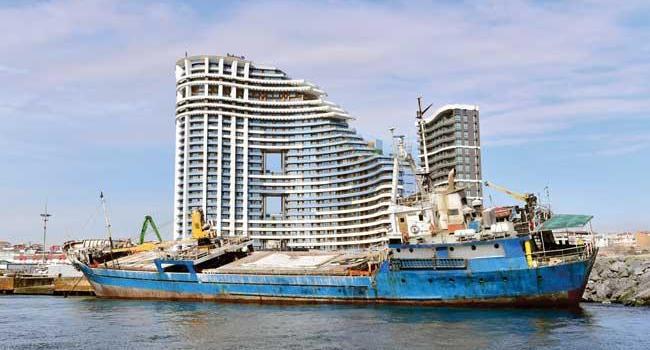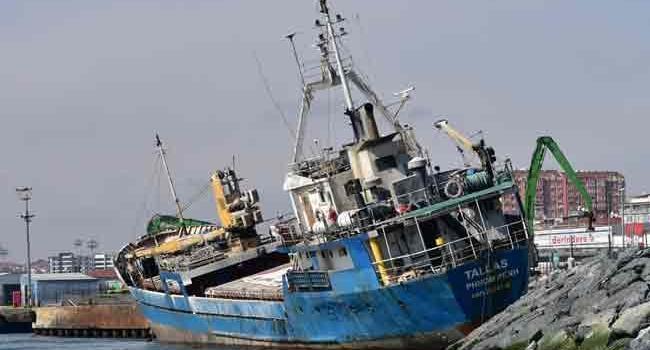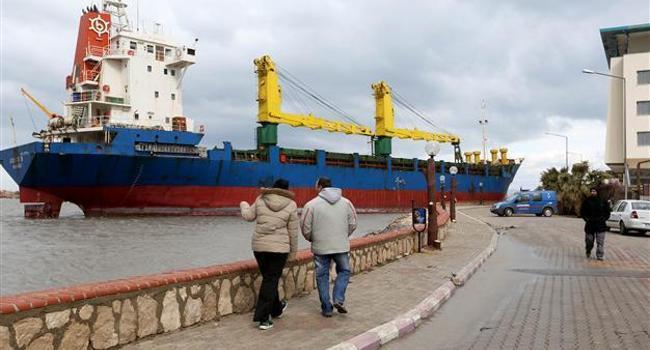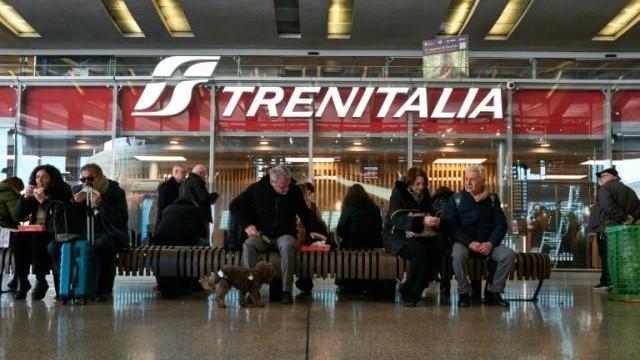Authorities removing abandoned ships in Turkish waters
İdris Emen – ISTANBUL
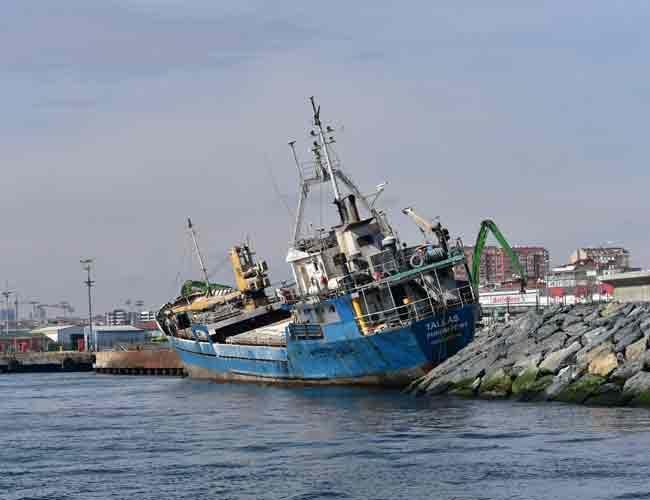
Turkish authorities have been removing abandoned ships, or “ghost ships” as they are called by fishermen, from waters, as experts have warned these ships pose a great environmental and public health risk.
In 2018, there were 114 ships in Turkey’s territorial areas in the Marmara, Aegean and Black seas, which were left to their fate. But thanks to an amendment to the Turkish Harbors Law, giving authority to the Turkish Transport, Maritime Affairs and Communications Ministry to save these ships, the number of these abandoned ships has dramatically decreased.
The amendment to the Harbors Law, which proposes to scrap or sell “ghost ships,” was announced in the Official Gazette on Dec. 5, 2017. Until that date, proceedings to scrap or sell the ships had been carried out in accordance with the Turkish Commercial Code, which has a lengthy legal procedure.
Following the relevant amendment to the law, 12 of the total 114 abandoned ships were sold, 44 of them were repaired and brought in for marine traffic, and 24 which did not have a chance of being repaired were dismantled. Two other ships are currently being dismantled by authorities off Istanbul’s coast.
Experts have said that clearing Turkish waters off these 82 “ghost ships” have increased marine safety. “Ships that constitute a risk for having sunken or having been left to their fate, need to be cleared off the ‘sea’s ecosystem.’ Because ships which have been left to their fates or have sunken consist of materials that do not belong to the sea ecosystem. These ships constitute a threat to marine traffic and also damage the nature as they leak harmful substances [into waters],” said Dr. Ahsen Yüksek, an academic at Istanbul University’s Marine Sciences Institute.
Abandoned vessels are a major problem and pose a serious threat to water quality. Derelict vessels can contain a host of toxic pollutants, and as the boats deteriorate and become submerged, these substances enter the waters.
Oil, gasoline and sewage from the boats can spread through the water, endangering wildlife and humans who come into contact with these substances. Decaying bottom paint, batteries and cleaning fluid can leach heavy metals such as chromium, copper, lead, mercury and zinc into the water. These toxins contaminate sediment, where sediment-dwelling organisms ingest them, and the toxins then contaminate the food supply of all wildlife.
Sunken, submerged and other abandoned boats also pose a safety hazard to boaters attempting to navigate waterways.





